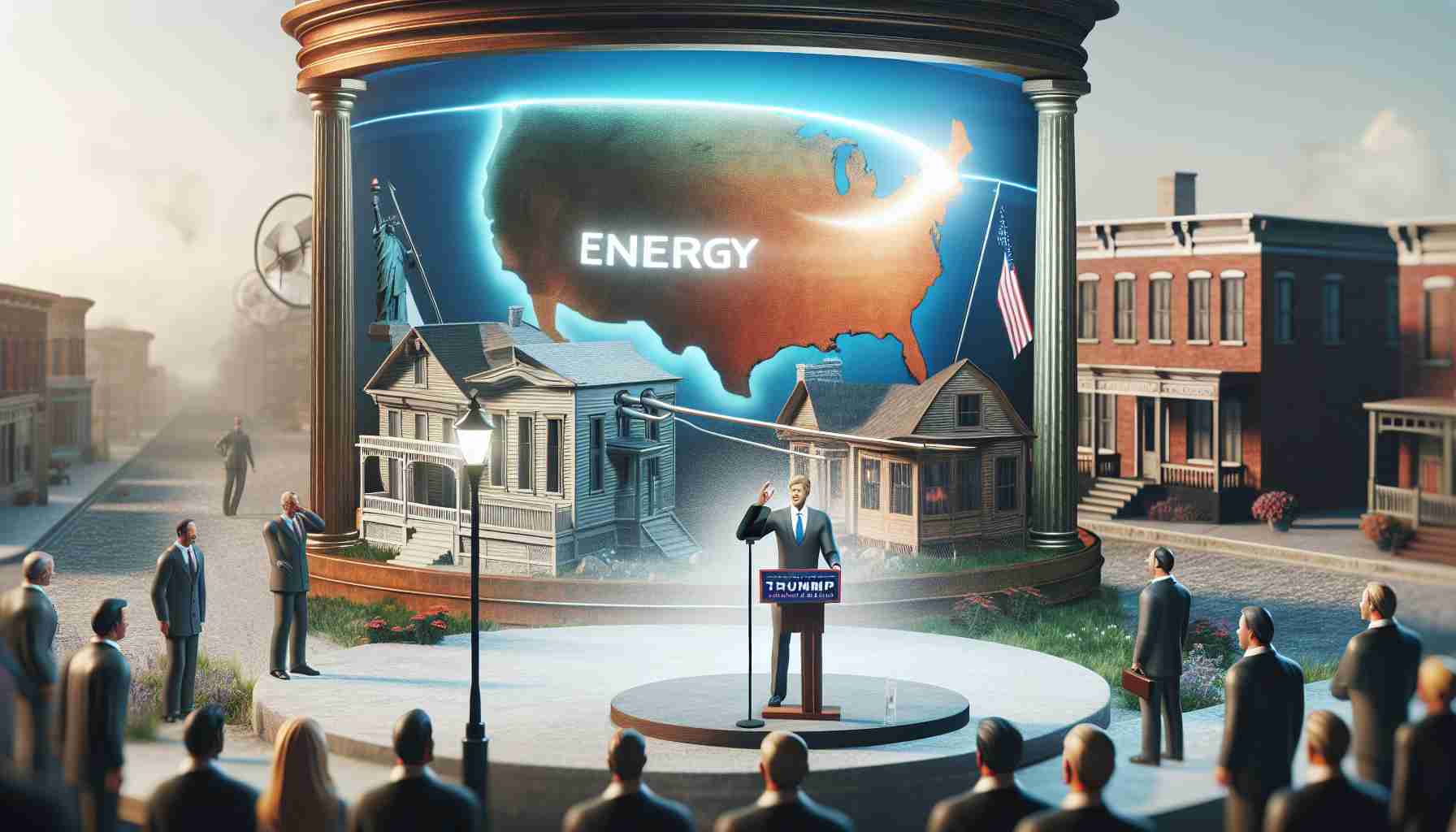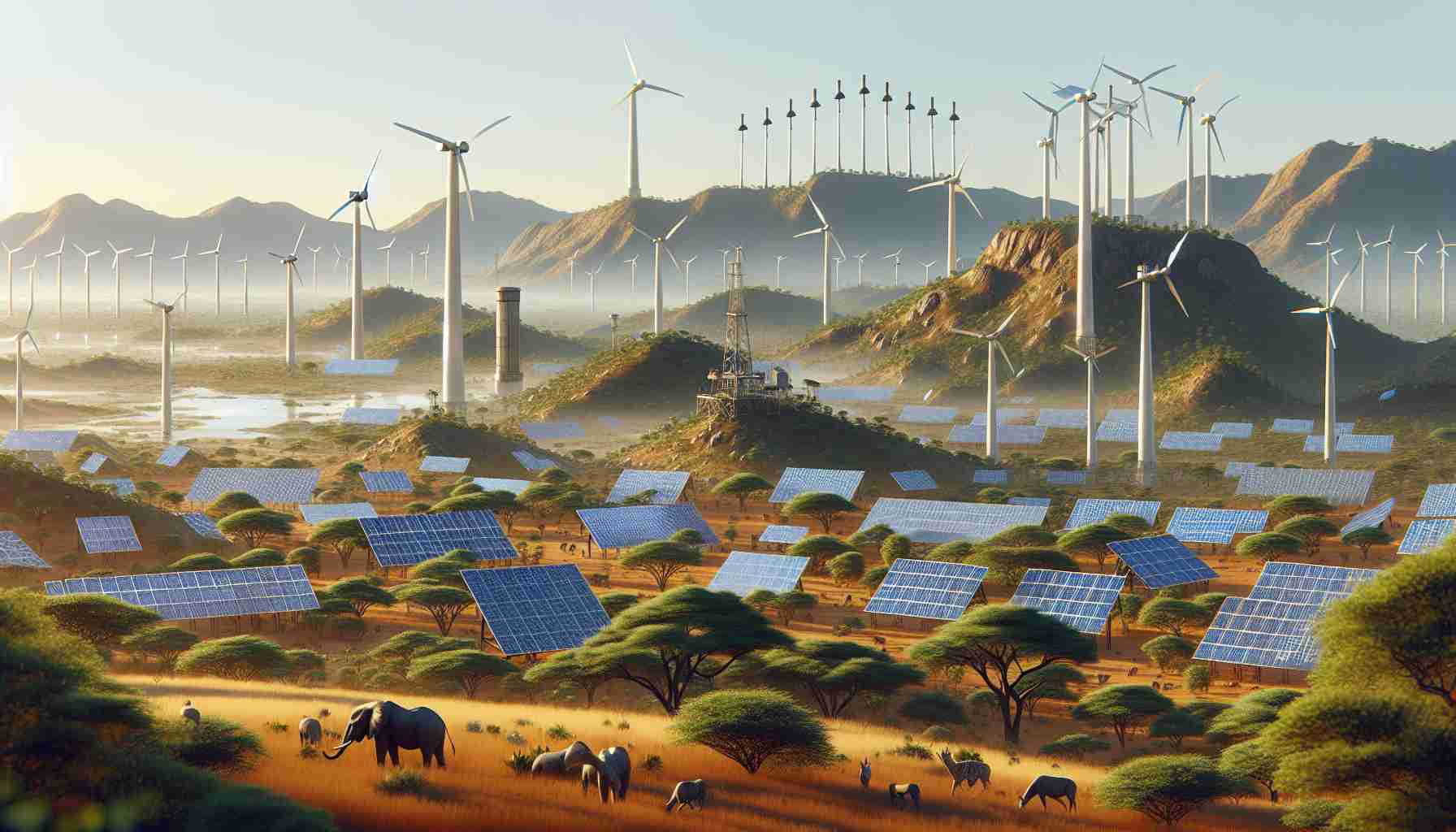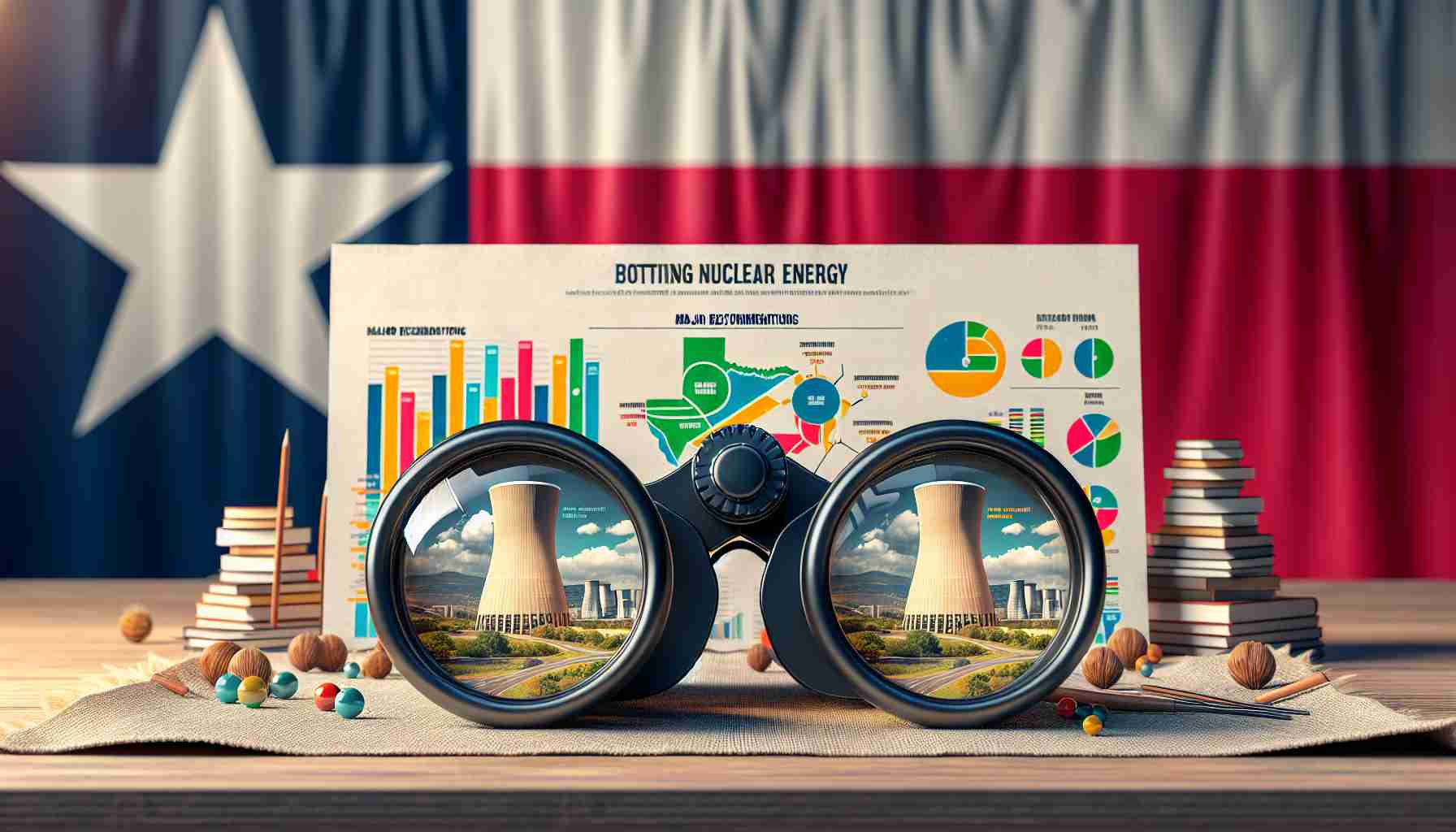On his first day back in office, President Donald Trump wasted no time making waves in the energy sector. The declaration of a “national energy emergency” has set the stage for sweeping changes in U.S. energy policy, highlighting a commitment to boost production and reshape the current market landscape.
This declaration signals a focused effort to lift restrictions on fossil fuel production while swiftly advancing U.S. energy interests both domestically and internationally. The move to expedite energy permitting processes hints at a strategy aimed at facilitating exploration and tapping into existing resources, although actual production increases may develop more slowly.
Trump’s reinstatement of liquefied natural gas (LNG) export license approvals has garnered positive reactions from international allies, yet tangible outcomes will take time to materialize. The interplay between these ambitious energy policies and broader foreign trade initiatives remains crucial. Future tariffs on key trading partners could significantly impact both energy exports and overall economic dynamics.
While the administration works to foster the fossil fuel industry, the long-term effects of these policies will depend on various factors, including state-level decision-making, international market reactions, and ongoing geopolitical tensions. The commitment to these energy goals is evident, but whether they can effectively tackle the declared emergency remains uncertain in this ever-evolving landscape of energy politics.
Energy Policy: A Shift with Global Reverberations
The recent declaration of a “national energy emergency” by President Trump not only reshapes U.S. energy policy but also sends shockwaves throughout the global economy. By lifting restrictions on fossil fuel production, the U.S. positions itself as a formidable player in an increasingly competitive energy market. As domestic production ramps up—even if gradually—the implications for global energy prices and the overall economy could be significant, potentially leading to an era of increased instability in energy-importing nations.
Culturally, this pivot may reinvigorate a fossil fuel narrative that challenges the growing momentum for renewable energy policies. As the world grapples with climate change, the U.S.’s renewed commitment to fossil fuels could hinder international climate agreements and impact global cooperation on sustainable energy practices. The potential backlash from environmental advocates may incite greater activism across the globe, fostering a more polarized dialogue around energy consumption.
On an environmental front, long-term repercussions may include increased carbon emissions and further degradation of ecosystems, overshadowing investments in cleaner alternatives. Communities dependent on fossil fuel industries may witness temporary economic booms but could ultimately face job insecurities as global energy priorities shift toward sustainability.
As these developments unfold, it remains vital to observe the interplay between national energy ambitions and the overarching need for a sustainable future, illustrating the complexity of energy politics in an interconnected world.
Trump’s Bold Energy Policy Plans: What You Need to Know
Introduction
On his first day back in office, President Donald Trump made headlines by declaring a “national energy emergency.” This bold move sets the tone for sweeping changes in U.S. energy policy, aiming to significantly boost fossil fuel production while reshaping the current energy market dynamics.
Key Features of the National Energy Emergency
1. Production Focus: The declaration emphasizes lifting restrictions on fossil fuel production, indicating a strategic pivot towards enhancing domestic energy output. This move aims to increase the availability of oil, gas, and coal in the U.S., thereby positioning the country as a formidable player in the global energy landscape.
2. Expedited Permitting Processes: As part of this initiative, the administration plans to streamline energy permitting processes. This is expected to facilitate rapid exploration activities and enable companies to tap into existing energy resources more efficiently, though the speed of production increases may vary.
3. LNG Export License Reinstatement: Trump has reinstated liquefied natural gas (LNG) export license approvals, a decision welcomed by many international allies. This reinstatement positions the U.S. to enhance its standing in the global energy market, particularly as demand for natural gas continues to rise worldwide.
4. Foreign Trade Dynamics: The interplay between U.S. energy policies and foreign trade will be pivotal. Future tariffs on essential trading partners could have significant repercussions for energy exports, shaping the economic landscape and fostering tensions that may affect global trading relationships.
Use Cases of This Policy Shift
– Industry Growth: Businesses in the fossil fuel sector are likely to benefit from the relaxation of regulations and permitting processes. This could lead to increased job creation and investments in energy infrastructure.
– International Trade Relations: Stronger LNG exports could solidify alliances with key international partners, especially those looking to diversify their energy sources away from less reliable suppliers.
Pros and Cons
Pros:
– Boosts domestic production and energy independence.
– Rapid economic growth in the fossil fuel sector.
– Enhanced international standing as a top energy exporter.
Cons:
– Potential environmental concerns from increased fossil fuel production.
– Long-term sustainability issues may arise.
– Risks of international relations strain due to tariffs or trade policies.
Limitations and Challenges
– State-Level Decision Making: The success of these policies will largely depend on cooperation from state governments, some of which may have differing energy agendas focused on renewable resources.
– Market Reaction: The response from the international market and trading partners will critically influence the effectiveness of these energy initiatives.
– Geopolitical Tensions: Ongoing geopolitical conflicts and shifts in global energy demand can complicate the administration’s ambitious plans.
Predictions for the Future
As these energy policies unfold, analysts predict a potential resurgence in U.S. fossil fuel production, but with a cautionary note on environmental impact and market volatility. The effectiveness of these initiatives in addressing the declared emergency will rely heavily on evolving global energy demands and domestic policy coherence.
Conclusion
President Trump’s declaration of a national energy emergency promises significant changes in the energy landscape of the United States. While the intentions are clear, the interplay of various factors—from international trade to state-level decisions—will ultimately determine the success and sustainability of these ambitious energy policy goals.
For more information on recent energy policy developments, visit U.S. Department of Energy.
The source of the article is from the blog macholevante.com



